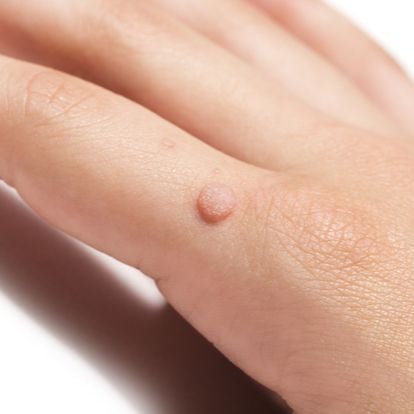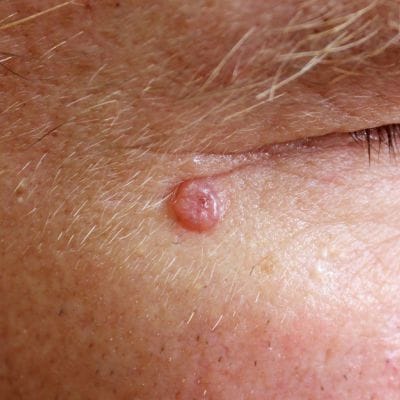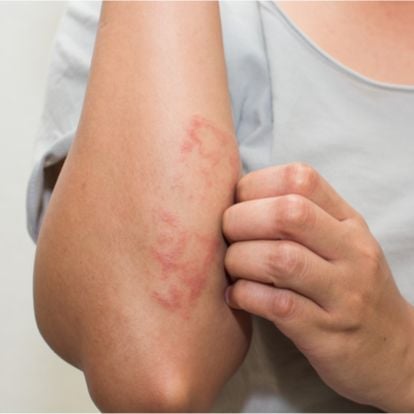Acne Scarring
Scars are a major challenge for skincare professionals and their patients. They can significantly change a person’s skin texture and appearance and reduce their self-esteem.
Acne scars are a common side effect of acne, a skin condition that affects millions of people each year and can cause scarring when the blemishes heal. While not all cases of acne result in scarring, it is important to be aware of the different acne scars and how they can be treated. In this article, we will discuss the different acne scars and the various treatment options available.
What is acne scarring, and what are the different types of scars?
Acne scars are caused by the damage to the skin that occurs when acne blemishes heal. The type of scar formed depends on the severity of the damage to the skin.
There are four main types of acne scars: atrophic, hypertrophic, keloid, and ice pick scars.
- Atrophic scars are the most common type of acne scar and occur when tissue loss is lost; this can happen when the follicle wall is destroyed and the contents spill out, causing an indentation in the skin.
- Hypertrophic scars are raised, red scars that occur when the body produces too much collagen in response to an injury. These scars can be painful and often restrict movement.
- Keloid scars are raised, firm scars that occur when the body produces too much collagen in response to an injury. They can be large and often disfiguring.
- Ice pick scars are deep, narrow scars that occur when the follicle wall is destroyed and the contents spill out. They can be challenging to treat and often cause feelings of insecurity.
How can you tell if you have acne scarring and the symptoms to look out for?
The symptoms of acne scar depend on the type of scar present. Atrophic scars often appear as indentations in the skin, while hypertrophic scars can be raised and red. Keloid scars are often large and disfiguring, and ice pick scars can be deep and narrow.
What Are The Treatment Options For Acne Scarring?
Acne scars can be difficult to treat, and the best approach depends on the type and severity of the scar.
Atrophic scars can be treated with a variety of different methods, including:
- Micro-needling: a treatment that uses very fine needles to create tiny punctures in the skin; this helps stimulate collagen production and improve the appearance of atrophic scars.
- Laser resurfacing: a treatment that uses a laser to remove the top layer of skin; this can help to improve the appearance of atrophic scars.
- Chemical peels are treatments that use chemicals to remove the top layer of skin; this can help to improve the appearance of atrophic scars.
- Fillers are substances that can be injected into the skin to help fill in depressions and improve the appearance of atrophic scars.
Hypertrophic scars and keloid scars can be treated with a variety of different methods, including:
- Steroid injections treatments: the use of steroids to reduce inflammation and shrink the size of the scar.
- Cryotherapy: a treatment that uses freezing temperatures to destroy scar tissue.
- Laser surgery: a treatment that uses a laser to remove scar tissue.
- Surgery: a treatment that involves cutting out the scar tissue.
Ice pick scars can be difficult to treat and often require a combination of treatments, including micro-needling, laser resurfacing, and chemical peels. Other options include
- Radiofrequency therapy: this therapy uses high-frequency radio waves to tighten and smooth a person’s skin. It helps reduce the appearance of scars.
- Punch grafting: This process involves taking skin from another part to the scarring site. A dermatologist usually does it.
Are there any home remedies or natural treatments that can help improve acne scarring?
Several home remedies and natural treatments can help improve acne scarring. These include:
- Aloe vera gel to help soothe inflammation and heal scars.
- Coconut oil moisturizes and protects the skin.
- Honey helps soothe inflammation and promote healing.
- Lemon juice can help brighten scars and improve their appearance.
How can you prevent acne scarring from happening in the first place?
There are several things you can do to prevent acne scarring from happening in the first place. These include:
- Avoid picking, squeezing, or popping pimples.
- Treat acne early to prevent it from getting worse.
- Use gentle skincare products that won’t irritate your skin.
- Avoid sun exposure to prevent further damage to your skin.
- Talk to your doctor about getting a prescription for isotretinoin if you have severe acne.
Having flawless skin is achievable with the right mindset, products, and treatments. Acne scars can be difficult to treat, but you can improve their appearance with the right approach. Talk to your doctor about the best treatment options for you.






